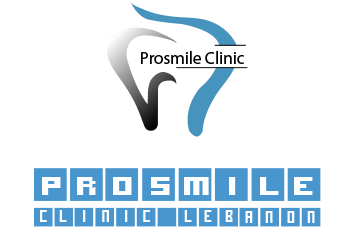
A Spring 2015 MouthHealthy.org poll asked readers if they brush before or after they floss. The results were close: 53% said they brush before, while 47% said after.
So who’s right?
Technically, everyone. The most important thing about flossing is to do it. As long as you do a thorough job, it doesn’t matter when. Pick a time of day when you can devote an extra couple of minutes to your dental care. People who are too tired at the end of the day may benefit from flossing first thing in the morning or flossing after lunch. Others might like to go to bed with a clean mouth.
And don’t forget, children need to floss too! You should be flossing your child’s teeth as soon as he or she has two teeth that touch. Because flossing demands more manual dexterity than very young children have, children are not usually able to floss well by themselves until they are age 10 or 11.
Keep in mind that flossing should not be painful. If you floss too hard, you could damage the tissue between your teeth. If you’re too gentle, you might not be getting the food out. It’s normal to feel some discomfort when you first start flossing, but don’t give up. With daily brushing and flossing, that discomfort should ease within a week or two. If your pain persists, talk to your dentist.
If you find flossing difficult, consider a different method for cleaning between teeth. People who have difficulty handling dental floss may prefer to use a different tool, such as a dental pick, pre-threaded flosser or wooden plaque remover. Ask your dentist how to use them properly to avoid injuring your gums. It could be that you simply need to try another type of dental floss—waxed, unwaxed, thick or comfort floss. Stick with it and you’ll have adopted a healthy habit for life.

